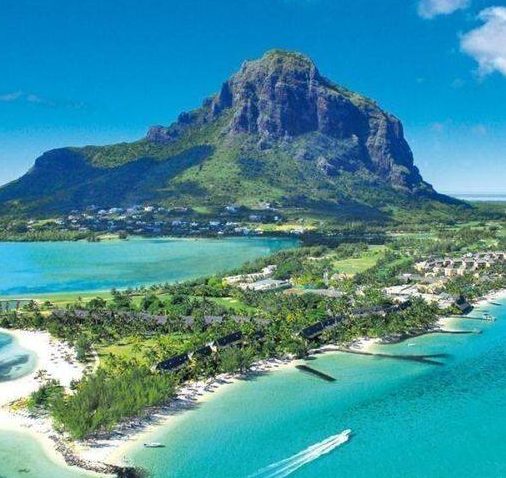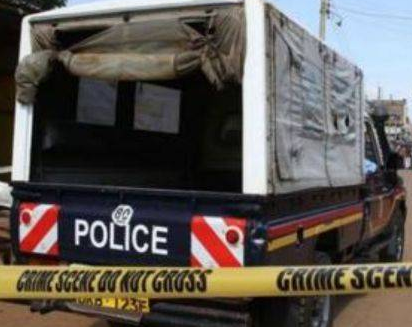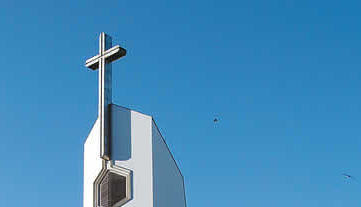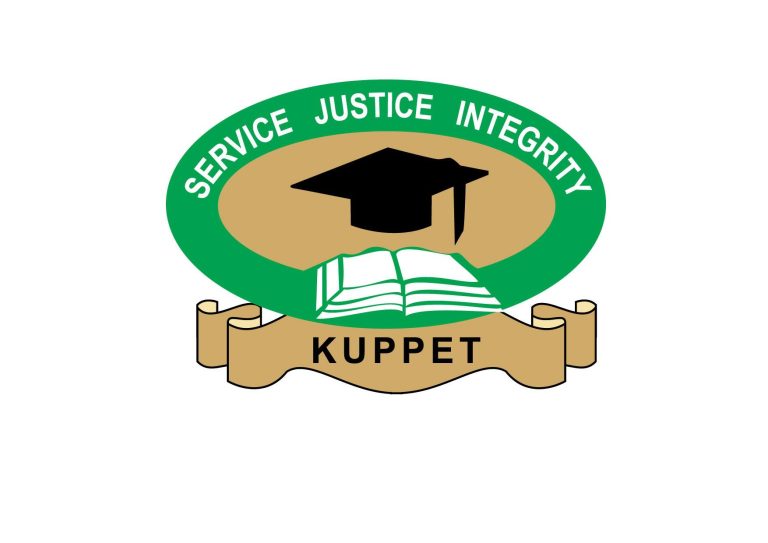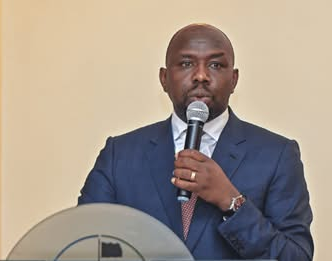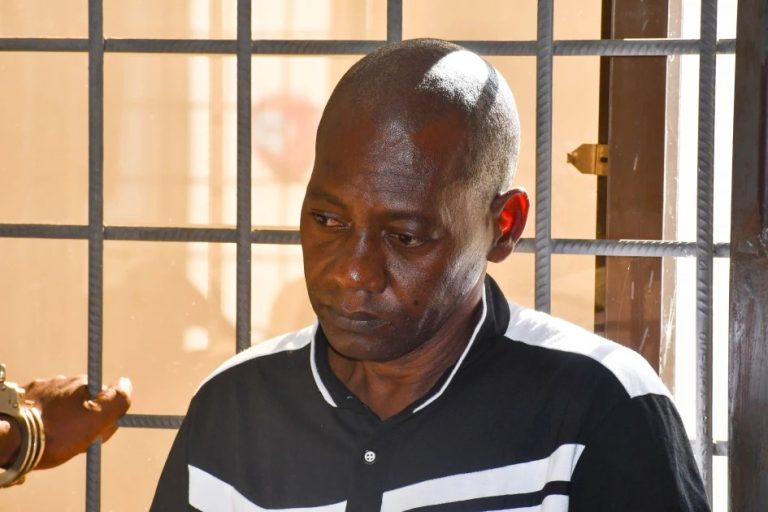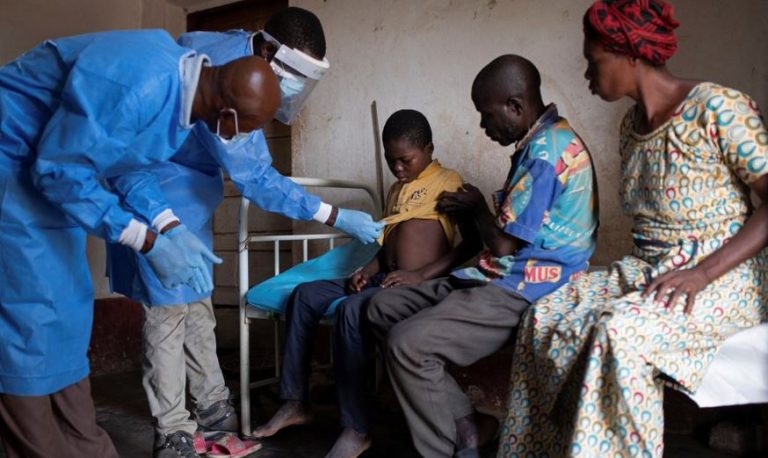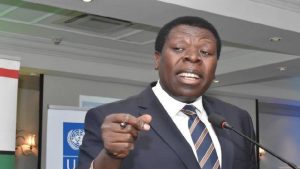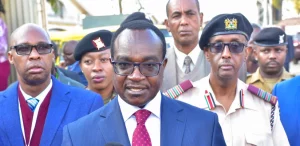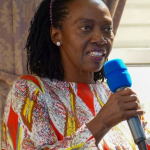
Mauritius’ communications regulator has directed all internet service providers to block access to social media platforms from Friday until November 11, a day after the upcoming general election.
However, the opposition claims this move is an attempt to evade an electoral defeat that they fear could come their way.
The social media blackout follows a wiretapping scandal involving the leak of around 20 recorded conversations among politicians, police, lawyers, journalists, and civil society members.
The leak records have circulated on social media since mid-October, according to Reporters Without Borders.
Reasons for blocking
The Information and Communication Technologies Authority stated that the temporary ban is in response to “illegal postings.”
This decision, confirmed by officials, is intended to curb the spread of misinformation, prevent undue influence on voters, and ensure a fair electoral process, according to the government.
Platforms affected include Facebook, WhatsApp, and Instagram, among others commonly used for sharing news and opinions.

In the days leading up to the election, concerns over disinformation campaigns, inflammatory posts, and misinformation have been raised by both government bodies and civil society groups.
The authorities argue that limiting social media access will prevent the rapid spread of false information that could sway public opinion or disrupt social harmony during this critical period.
The decision has sparked significant public debate, with some supporting the move as a necessary step to protect the integrity of the election.
However, other members of the public criticize it as an infringement on freedom of expression and a form of censorship.
Various human rights organizations have raised concerns over the implications of this shutdown on citizens’ rights to freely access information and express opinions.
Rampant blocking
Mauritius joins a growing list of nations that have opted for social media restrictions during election periods, citing similar reasons.
The government has assured citizens that the restriction will be lifted once voting concludes, allowing for a return to open communication.
However, critics warn that such restrictions could set a precedent for future government interventions in online communication and media freedom.
Follow kenyaonline.xyz
